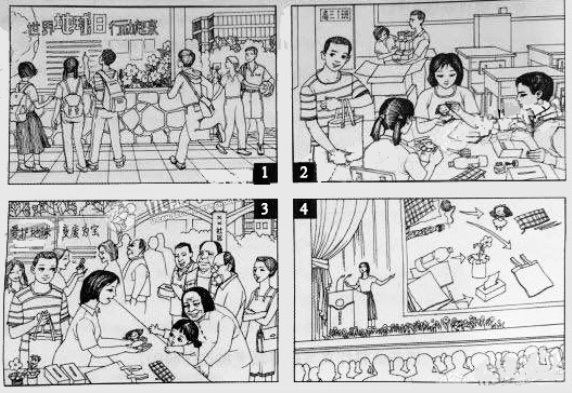0 133838 133846 133852 133856 133862 133864 133868 133874 133876 133882 133888 133892 133894 133898 133904 133906 133912 133916 133918 133922 133924 133928 133930 133932 133933 133934 133936 133937 133938 133940 133942 133946 133948 133952 133954 133958 133964 133966 133972 133976 133978 133982 133988 133994 133996 134002 134006 134008 134014 134018 134024 134032 151629
